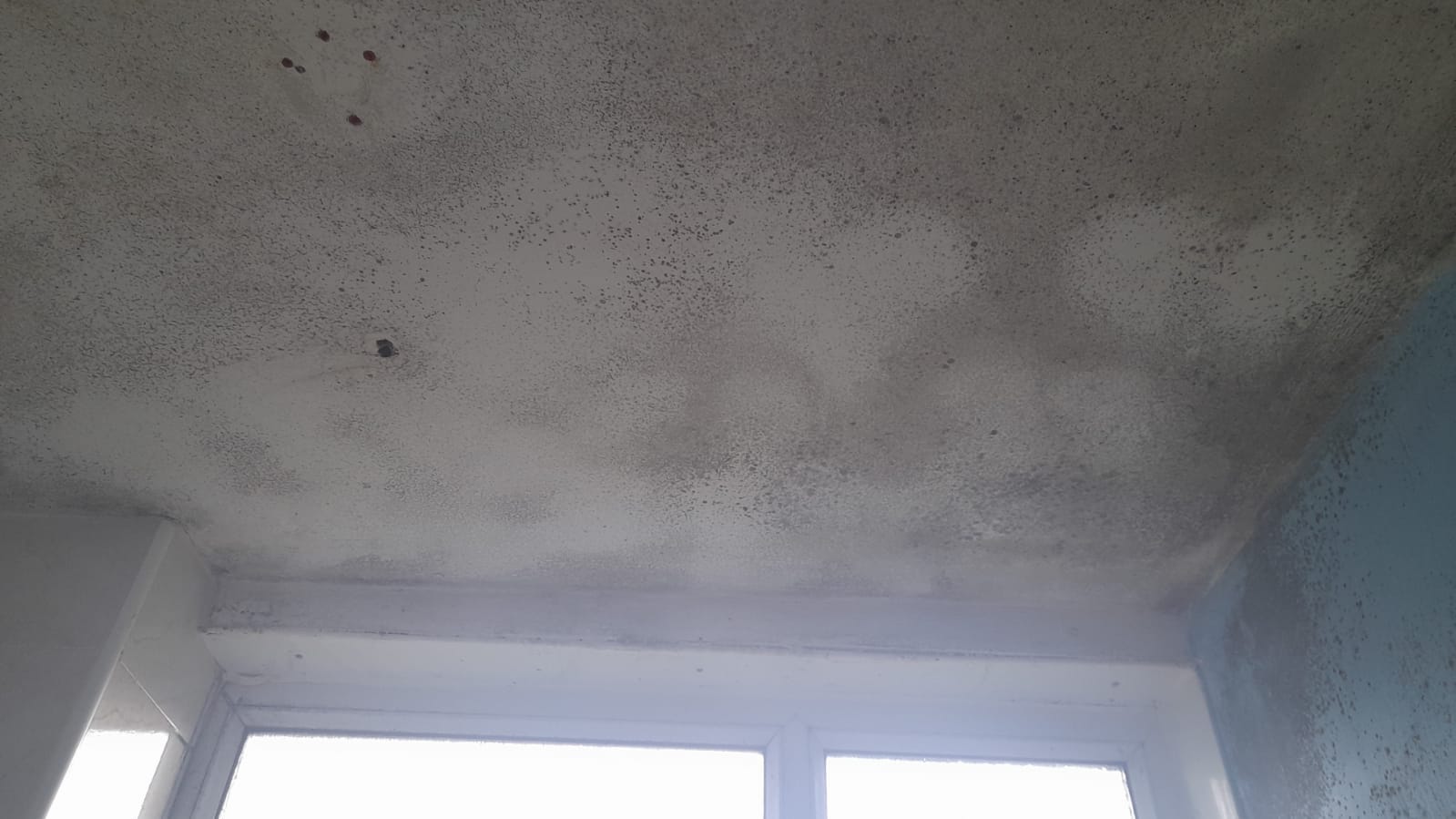Living in a mould-infested home isn’t just uncomfortable—it can be hazardous to your health and well-being. If you’re a tenant in the UK, especially in council or housing association properties, and facing persistent damp and mould issues, you might wonder: Can I sue my council for mould? The answer is yes, under certain circumstances. This guide will walk you through your rights, the steps to take, and how much compensation you might be entitled to.
Understanding Your Landlord’s Responsibilities
In the UK, landlords—including councils and housing associations—are legally obligated to ensure their properties are safe and habitable. This includes addressing issues like damp and mould. Under the Landlord and Tenant Act 1985 and the Homes (Fitness for Human Habitation) Act 2018, landlords must:
- Keep the structure and exterior of the property in good repair.
- Ensure installations for water, gas, electricity, sanitation, heating, and hot water are functioning properly.
- Address any issues that make the property unfit for habitation, including severe damp and mould.
If your landlord fails to address these issues after being notified, you have the right to take legal action.
Steps to Take Before Legal Action
- Report the Issue: Notify your landlord in writing about the damp and mould problems. Keep records of all communications.
- Allow Access: Provide your landlord with access to inspect and repair the issues.
- Gather Evidence: Document the extent of the damp and mould with photographs, medical records if health is affected, and any damaged belongings.
- Formal Complaint: If the landlord doesn’t act, file a formal complaint through their complaints procedure.
- Housing Ombudsman: For council or housing association tenants, if the issue remains unresolved, escalate the complaint to the Housing Ombudsman.
Taking Legal Action
If all else fails, you can take your landlord to court. The court can:
- Order the landlord to carry out necessary repairs.
- Award you compensation for inconvenience, health issues, and damaged belongings.
- Cover some or all of your legal costs.
It’s advisable to seek legal advice before proceeding. You might be eligible for legal aid or consider a “no win, no fee” arrangement.
How Much Compensation Can You Claim?
Compensation varies based on the severity and duration of the issue. Generally, you can claim for:
- General Damages: For inconvenience and loss of enjoyment of your home.
- Special Damages: For specific losses like damaged furniture or increased medical expenses.
- Personal Injury: If health issues have arisen due to the damp and mould.
Compensation amounts can range from a few hundred to several thousand pounds. For instance, a family in South London was awarded £20,000 after enduring eight years in a mould-ridden home .
National Claims Can Assist You
Navigating the legal process can be daunting. National Claims can connect you with experienced solicitors who specialise in housing disrepair claims. They’ll guide you through each step, ensuring you get the compensation you deserve.
People Also Ask
Q1. Can I claim compensation for mould in my rented home?
Yes, if the mould is due to your landlord’s failure to carry out necessary repairs, you can claim compensation.
Q2. How long does my landlord have to fix damp and mould?
Landlords should address serious issues promptly. If they fail to act within a reasonable time after being notified, you can escalate the matter.
Q3. Is mould considered a health hazard?
Absolutely. Mould can cause respiratory problems, allergies, and other health issues, especially in vulnerable individuals.
Q4. What if my landlord blames me for the mould?
Landlords often attribute mould to tenants’ lifestyles. However, if the mould results from structural issues or lack of repairs, the landlord is responsible.
Conclusion
You shouldn’t have to live in a home plagued by damp and mould. If your landlord fails to address these issues, you have rights and avenues to seek redress. Remember, National Claims is here to help you connect with professionals who can assist in your claim.
Contact National Claims today, and we will put you in touch with an expert solicitor who can guide you through the claims process.📞 Call us now free 0800 029 3849 or 📩 Submit an online enquiry to speak to our team. Your safety and well-being matter, and we’re here to help.

We’re proud of our excellent customer reviews
We thrive on delivering exceptional service and ensuring our clients’ satisfaction. Don’t just take our word for it. Check out some of our independent reviews to see what our clients have to say.
Excellent

This firm is excellent, they sorted out my car pay out and injury claim very fast, they always communicate with you all the time.

My accident case was dealt with confidence and with great result of the outcome, especially James kept me informed all the time.

I was very impressed at the way my inquiry was treated. I was listened to attentively and everything I needed to know was explained to me.






